FMCG giants ramp sustainable packaging efforts

Fast-moving consumer goods (FMCG) companies are increasingly pledging to bring the environmental, social and governance (ESG) element into packaging with an aim to address various environmental challenges. Amid mounting pressure from customers, investors, and governments, they are making forward-thinking moves to improve the world by offering ethical, sustainable purchase choices to consumers, says GlobalData. GlobalData’s […]
Hubbub outlines challenges and opportunities for reusable food and drink packaging
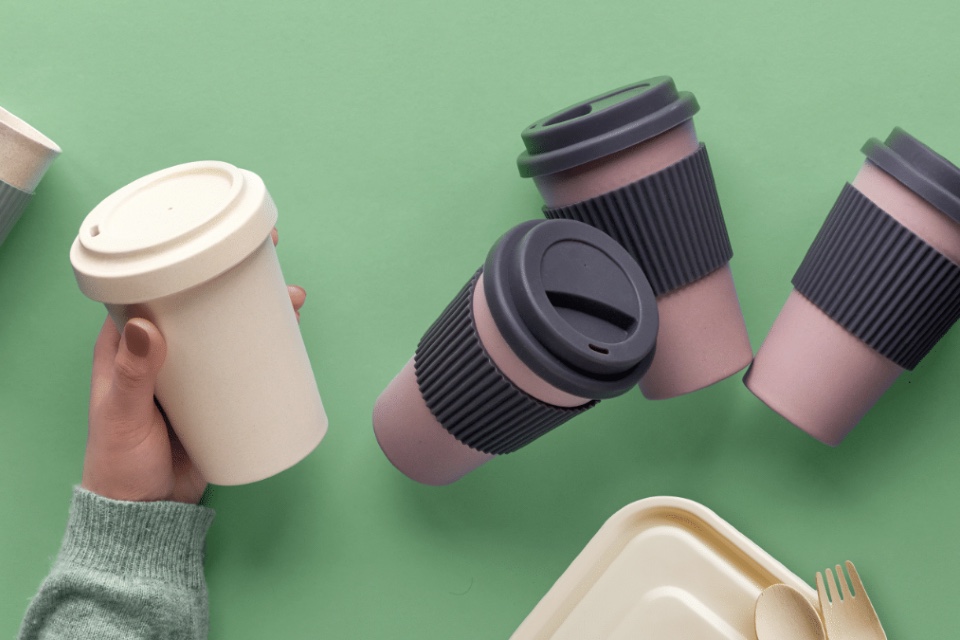
Environmental charity Hubbub has launched ‘Reuse Systems Unpacked’, a report uncovering the challenges and opportunities for reusable food and drink packaging systems. The report, unveiled at The Royal Society of Arts in the presence of key players in the sector, provides recommendations on how reusable packaging systems can work and what needs to happen for […]
INDUSTRY SPOTLIGHT: High-speed automated packaging by Sparck Technologies
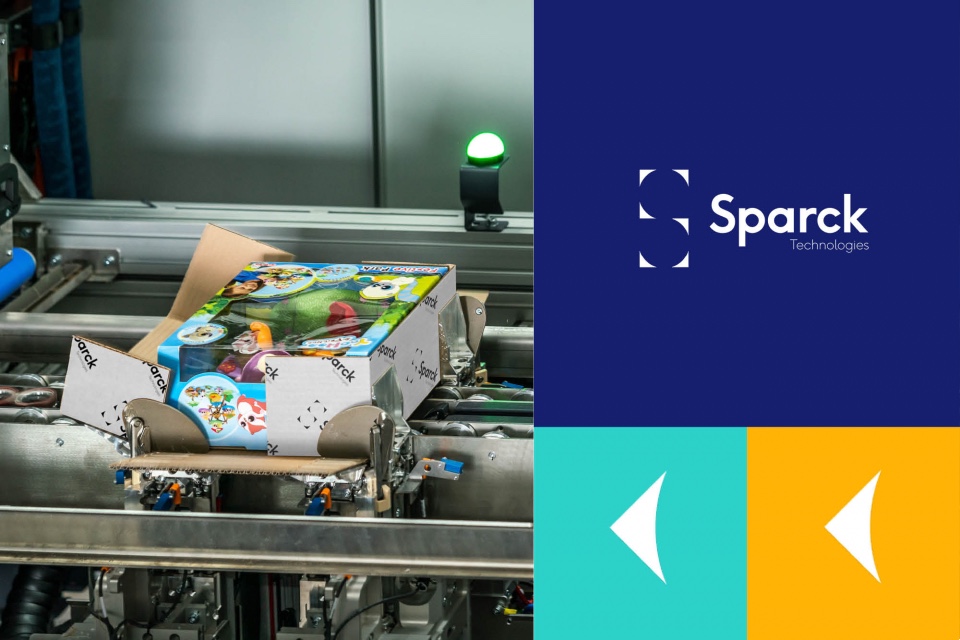
Say goodbye to labour intensive, time-consuming, excess packaging. Boost your fulfilment with fit-to-size fully automated packaging power. Savvy shippers know their parcel packaging processes are complex and unique, and for that, you need the only company with unmatched support and service when it comes to automated packaging. Sparck Technologies has over a decade of experience […]
INDUSTRY SPOTLIGHT: Right-sized automated packaging by Sparck Technologies
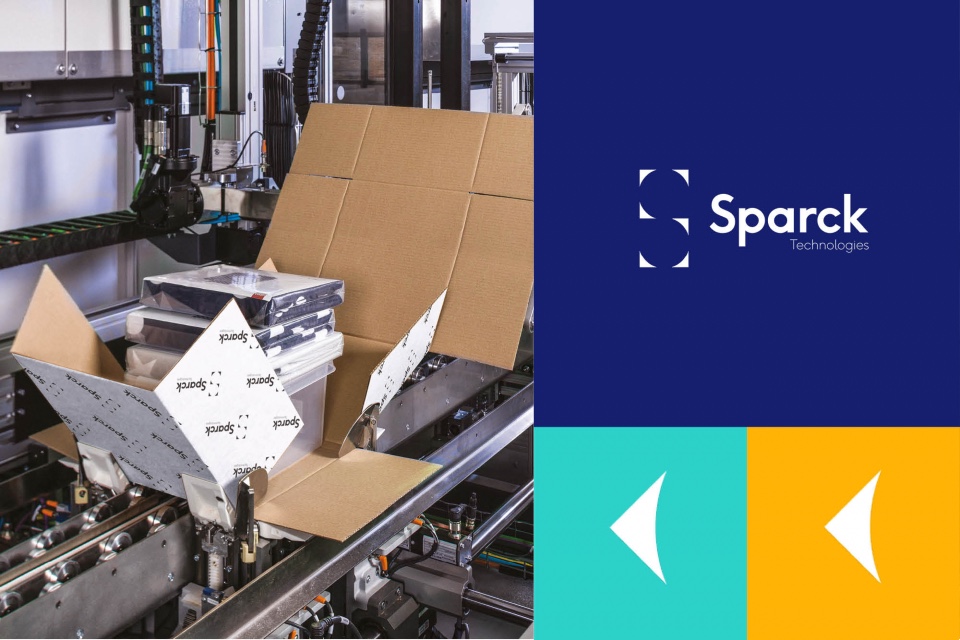
Say goodbye to labour intensive, time-consuming, excess packaging. Boost your fulfilment with fit-to-size fully automated packaging power. Savvy shippers know their parcel packaging processes are complex and unique, and for that, you need the only company with unmatched support and service when it comes to automated packaging. Sparck Technologies has over a decade of experience […]
Collaboration in the supply chain: working together to help tackle unnecessary recycling of plastic returnable transit packaging

By Paul Empson, General Manager, Bakers Basco Many products used in logistics across the supply chain are designed to be reused multiple times rather than being disposed of after a single use – known as the ‘circular economy’ – but a lack of education and awareness might be hindering businesses’ chances at building towards a more […]
5 Minutes With… Hazel 4D’s LEE ARMSTRONG
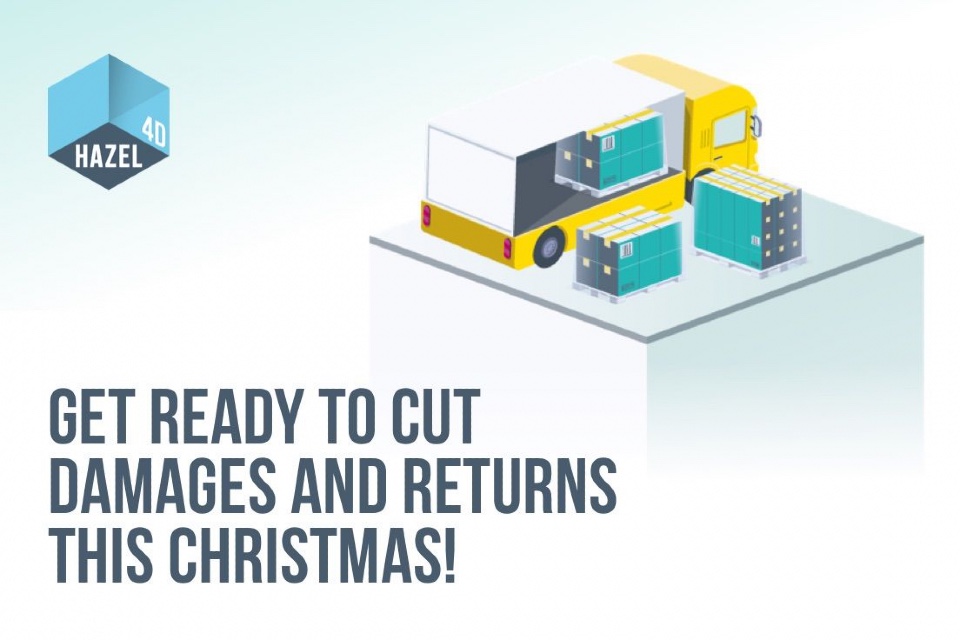
In the latest instalment of our supply chain industry executive interview series, we spoke to Hazel 4D Marketing Director Lee Armstrong about the company, it’s products & services, the ongoing challenges of COVID-19 and Brexit, and upcoming opportunities… Tell us about your company, products and services. At Hazel 4D, we provide a wide range of […]
Never mind the kilos… what’s your film costing per pallet?
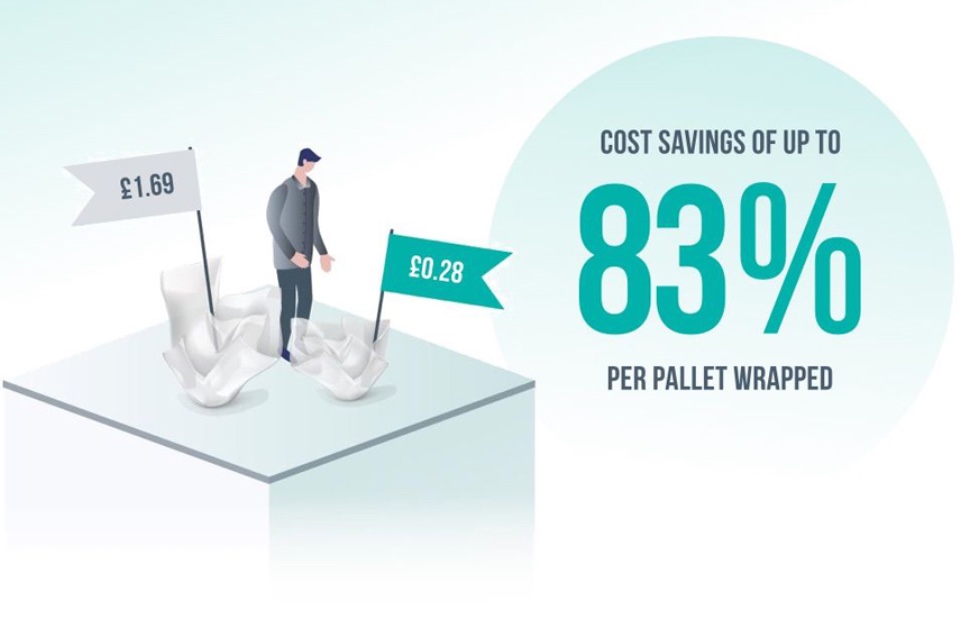
By Hazel 4D Usually when we talk to clients about how much they spend on stretch film, we’ll hear an answer about cost per kilo. What we hear less often is how far that weight goes – how many pallets can a kilo wrap? Yet that is the only way we’ll know the value that […]
Automate to tackle peak season challenges

By Quadient How can e-commerce companies successfully navigate recent extreme purchasing peaks when labour resources are reduced or unavailable, social distancing guidelines are in place, shipping prices are increasing, and demand just keeps growing? Labour and shipping costs coupled with pressure to meet fast delivery demands has left companies striving for lower costs. Often, packaging […]
Making the case for peak performance

By Jo Bradley, Business Development Manager at Packaging by Quadient – formerly Neopost Online fulfilment is facing a new reality; one of frequent and dramatic spikes in demand and this is causing retailers significant challenges in the packing area. How can ecommerce businesses successfully hit these extreme peaks when labour resources are becoming increasingly scarce? These […]
Efficient and eco-friendly packaging: Minimising its environmental impact is a perennial focus for Internet Fusion Group

Fast and automated, customised packaging is reaping big rewards for environmentally conscious outdoor-pursuits specialist retailer, Internet Fusion Group… Internet Fusion Group is a fast-expanding online retail business with a portfolio of niche brands specialising in life-style apparel and products. Established in 2006, the business has quickly grown through acquisition, retaining the skills and knowledge unique to […]

